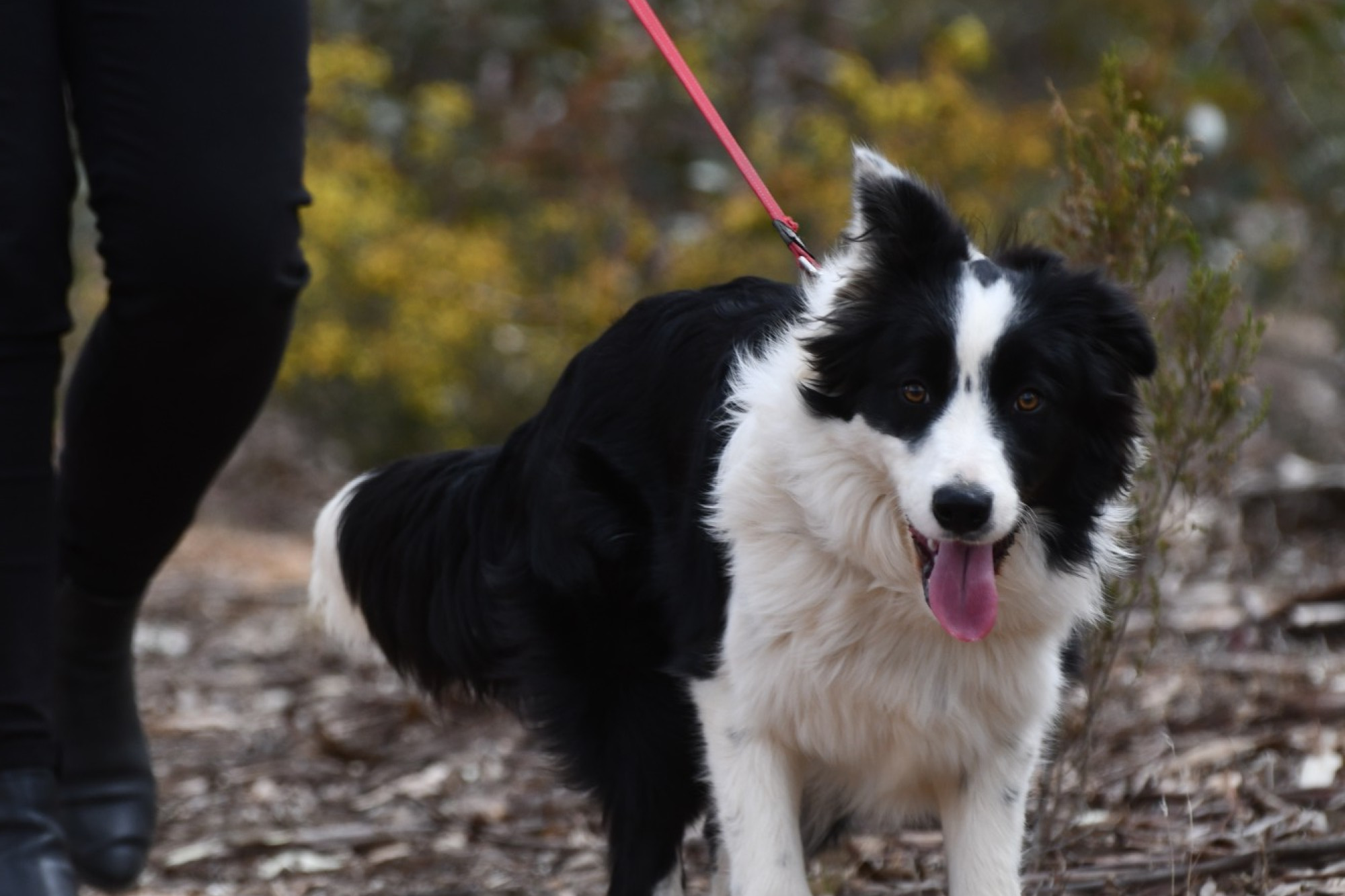General News
15 January, 2024
Victoria’s pet census released
The results are in for Victoria’s first ever census on pets, highlighting interesting trends among the estimated 4.3 million pets across the state. Released on Friday, the census findings are based on the more than 37,000 responses to the...

The results are in for Victoria’s first ever census on pets, highlighting interesting trends among the estimated 4.3 million pets across the state.
Released on Friday, the census findings are based on the more than 37,000 responses to the Victorian Pet Census, which opened in July last year.
According to the census, more than half (58 percent) of Victorians own a pet with an estimated 4.3 million pets in the state.
Dogs are the most popular pet, accounting for 41 percent of all pets in Victoria, with preferred dog breeds including Cavoodle, Labrador, Greyhound, Border Collie and Golden Retriever.
Cats on the other hand made up 24 percent of the state’s pets, with a majority of cat owners adopting their pets from an animal or rescue shelter.
The census found pet owners spent an estimated $6.6 billion in the past year alone on pet products and services to ensure the wellbeing of their companions.
It also highlighted the positive impact of pets on the lives of Victorians, with an overwhelming 98 percent attesting to the benefits of pet ownership.
Those who responded to the census ranked companionship and love the highest benefit to owning a pet (79 percent), followed by improved mental health and emotional support (57 percent).
The data collected reflects the diversity in pets found in homes across the state, including 83,000 reptiles and amphibians and 43,000 insects and spiders.
Acting Minister for Agriculture Harriet Shing the census findings highlight the love Victorians have for their companion animals, as well as the numerous benefits they return.
“The immense love and care Victorians have for our pets is reflected in the numerous responses to our first pet census, highlighting the vital role pets play in the lives of Victorians,” she said.
“The census data will empower us to better cater to a diverse range of pet owners in our community, ensuring quality support and services for every pet, regardless of species.”
While much of the census was positive, it also revealed awareness, understanding and perceived importance of the legal requirements around pet ownership was fairly low.
A large number of cat owners (91 percent) felt it was important for them to meet legal responsibilities, compared to other types of pet owners who’s perceived importance was much lower — ranging from as low as 6 percent among insect owners to 77 percent among dog owners.
To explore the results visit, animalwelfare.vic.gov.au/pet-census